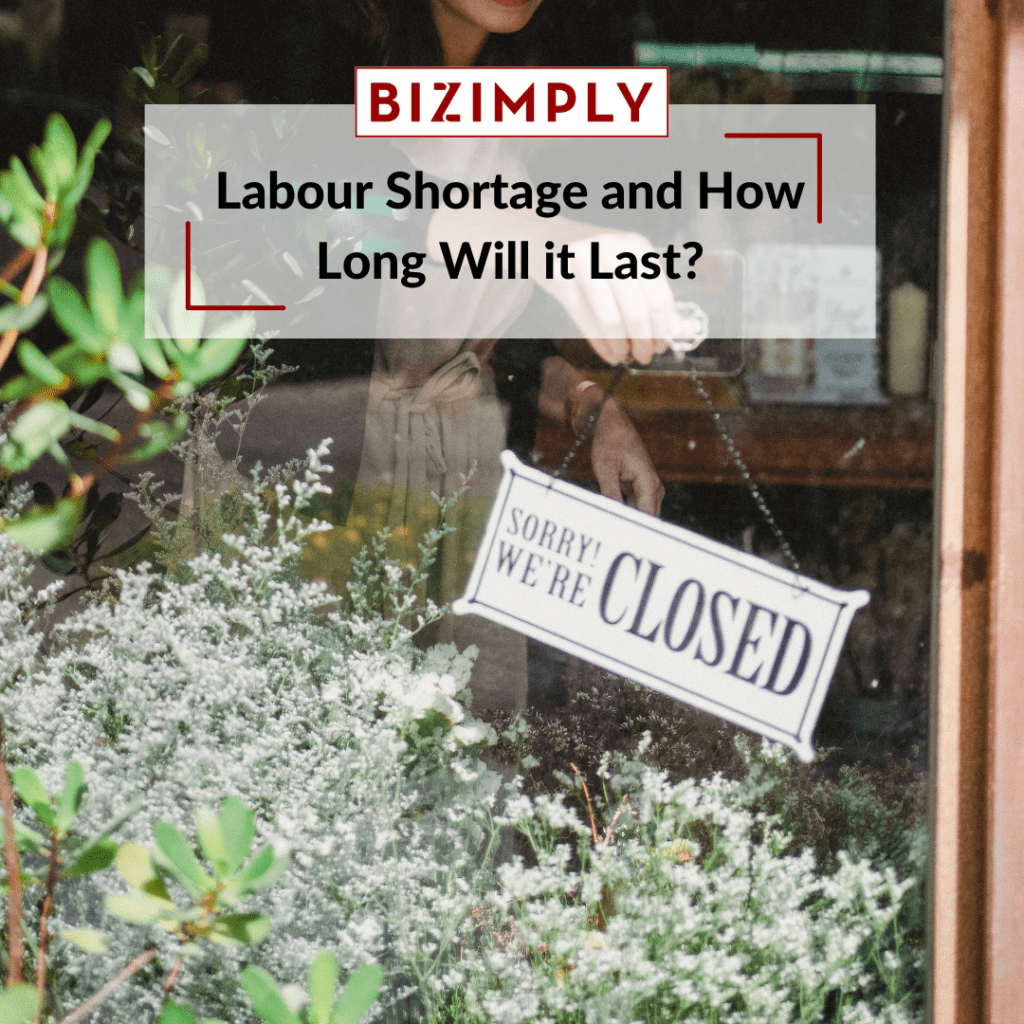It’s not unfamiliar to any industry that there is a huge, ongoing labour shortage and the struggle to employ staff is getting increasingly more difficult as the weeks go on. Businesses are having to reduce opening hours, turn to takeout only or shutting down completely. What impact will this have on the industry for the future?
The Office for National Statistics said the number of payroll employees increased by 241,000 to 29.1 million in August, lifting employment in all regions of the UK to pre-Covid levels except in London, Scotland and south-east England.
It came as the number of job vacancies soared to more than 1m in August for the first time since official records began in 2001, rising by 35% in the space of three months across all sectors of the British economy.
More recently, many businesses have lobbied for the government to approach those overseas, enticing them with visas in order to help put an end to the labour crisis that is happening in the UK. This comes after the Confederation of British Industry (CBI) warned that staff shortages could last for up to two years if the government doesn’t relax its post-Brexit immigration rules.
What can you do to help overcome the difficulties the labour crisis brings? Let’s have a look!
The rundown
We can conclude that both COVID-19 and Brexit are the true causes of these labour shortages, they’ve been around a lot longer than we think but the pandemic truly highlighted them. These staff shortages are not just within one sector, they are across a range of industries; hospitality, retail, healthcare, manufacturing etc…and some of the world’s largest companies have been affected. According to Health Workforce, 18 million more healthcare workers are required by 2023 primarily in low and lower middle income countries.
Consequently, in 2021, there have been many people who have been unable to receive the care they need and it has put a huge strain on current healthcare workers due to this labour shortage. The government says extra funding and a regular recruitment drive will help boost the care workforce.
Increasingly, care companies are forced to turn down work supporting patients as they move from hospital back to their own homes or care homes. A hospital manager has said; “Roughly 100 beds are blocked and domiciliary care providers are handing dozens of [patient care] packages back to the council as they don’t have staff to deliver them,”
It’s vital that government delivers its commitment to place vital social care services onto a sustainable footing.

What other industries have been affected?
Of course, it isn’t just the care industry who have been affected in this crisis. Restaurants within the UK and Ireland have had to alter the strategies by adjusting opening hours, change their style of service or even cancel their services as a result of the ongoing labour shortage as many of these operators do not have the money to continue.
Tony Danker, Director-General at CBI said; “Building a more innovative economy – coupled with better training and education – can sustainably improve business performance, wages and living standards.”
Retail staff who are in their roles are having to take on extra shifts whilst trying to fulfil other aspects of their lives outside of work. This emphasises the need to look after your existing workforce to ensure you don’t lose them. How do you achieve this? By keeping them engaged, well paid, and ensuring they have a reliable and consistent schedule. Appreciate and recognise the hard work and effort they are putting in to help your business stay afloat.

Why are businesses struggling to hire?
The manager at Olivo, a Sardinian restaurant as a result of Brexit immigration restrictions. This should come as no surprise, given that the number of vacancies being nearly 190,000 in hospitality, they have recently hit a new low.
Mauro Sanna, the owner of Olivo, recently came to the frustrating decision to close the restaurant for lunch on Saturdays and all day on Sundays because of too few workers, particularly chefs. Another of his restaurants, Olivocarne, just one block away, will be closed on Sunday evenings and all day on Mondays. Olivocarne has four people working in the kitchen but needs seven.
If you’re in the same position, you could benefit from using Bizimply’s integration with Peoplebank; a recruitment platform for hospitality and retail. It makes building and distributing your open vacancies simple and easy, helping you reach millions of active job seekers without disrupting its clients’ user experience, or consuming a lot of resources.
Want to learn more about our solutions? Register for a FREE business consultation today!









